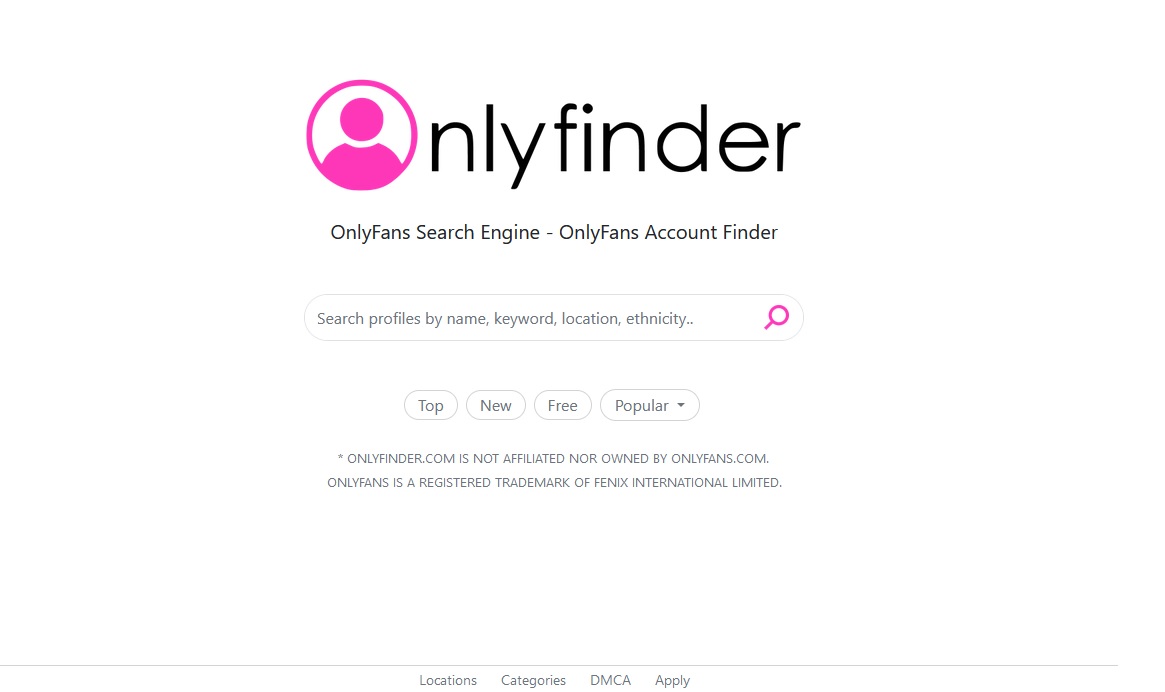Amidst the fear of oversimplifying, the most prominent challenge that a salesperson faces is-
- How to qualify and follow up main leads?
- How to prioritize activities related to sales
However, the application of sales crm tools can help them solve these key problems and other pressuring sales issues.
To help you acquire more knowledge about the importance of CRM in the entire sales process, we have jotted down a few of the main reasons to validate the need for CRM in sales. Read on to know them.
1. Facilities a Safe Storage Space
CRM enables the salespeople to safely and centrally store their contacts, activities, opportunities and plans in a single place. It aids easy and hassle-free access to the database as and when required, regardless of their location. So you rest assured that your data won’t just get lost.
2. Great Management of Time
CRM helps optimize the daily schedules and prioritize tasks accordingly to ensure no customer is ignored. Infact, CRM enables the salesperson to spend sufficient time with customers, leading to strong customer-based and enclosed deals. It allows them to balance between the needs and wants of business operations.
3. Showing Up on Time
By keeping track of the communication details with customers, CRM helps know the time a customer needs to be reached out.
Activities like product replacement, contract removal and an upsell of a new product tend to increase your chances of closing a sale.
4. Rationalizing the Sales Moves
CRM aids in closing deals in the sales pipeline while helping everyone associated with reaching the target faster.
As order processing and preparing are automated in CRM, the team can also reduce the production costs while increasing sales revenue subsequently.
5. Comprehending the Requirements of Customers
Since CRM stores the majority of customer-related information, it helps salespeople to analyze the needs of customers. All these activities increase customer satisfaction and ensure loyalty resulting in high-profit margins.
6. Cut off the Requirement to Admin Tasks
Enabling CRM can cut off the requirement of admin tasks by reducing and even removing some repetitive activities that take a lot of time but yield little profit.
Sorting products and price details, triggering reminders for opportunities available, CRM releases the sales team from the majority of the admin tasks.
7. Providing the Value of Money
Even though, in monetary terms, sales crm aren’t that cheap, they are a true value for money.
Reducing mistakes that an individual can cause while quoting orders or others helps you save the additional expenses spent solving them.
8. Know Customer Needs –
As all the data is captured and stored in the CRM systems, it makes it easier for the salespeople to analyze and anticipate the customers’ troubles at the correct time. It, in turn, increases customer loyalty and satisfaction with a whooping surge in the profit margins.
9. Social Media Insights –
Social media tactics proved to be the emerging tool to leverage the growth of your business leaps and bounds. Integrating social media tools with CRM systems can accelerate your business performance by getting detailed insights into their preferences, tastes, demographics, purchasing behavior, and others. It ultimately aids you in experiencing higher conversion rates.
10. Centralized Data –
With the effective CRM solution, the sales personnel can have an absolute whereabouts of relevant data about the customers at their convenience. Furthermore, as CRM tends to assimilate every minute information about the customers based on purchase history, marketers can know who the customers are, what products they are interested in, etc. Thus, it enables personalization at various levels and makes the salespeople trouble-free, curtailing their efforts.
11. Mobile CRM –
Today most people use mobile devices. Mobile-enabled CRM helps the sales personnel access customer data and customer accounts on their smartphone devices/ tablets and respond to the leads quicker. It also saves a lot of time and aids in making well-informed decisions faster.
Conclusion
CRM in sales proves to be an emerging and efficient tool that will provide advantages for a more extended period.
If sales CRM is adopted and applied correctly, the sales team performance can skyrocket. It would help them excel in areas that are critical such as –
- Search, sorting and lead qualifying
- Follow up on sales opportunities on time in a systematic order
- Prioritize and rationalize activities accordingly
- Increase the rate of target reach
In a nutshell, sales and CRM is not an immediate match made in heaven, but the more they spend together, the stronger they get along.








Add Comment